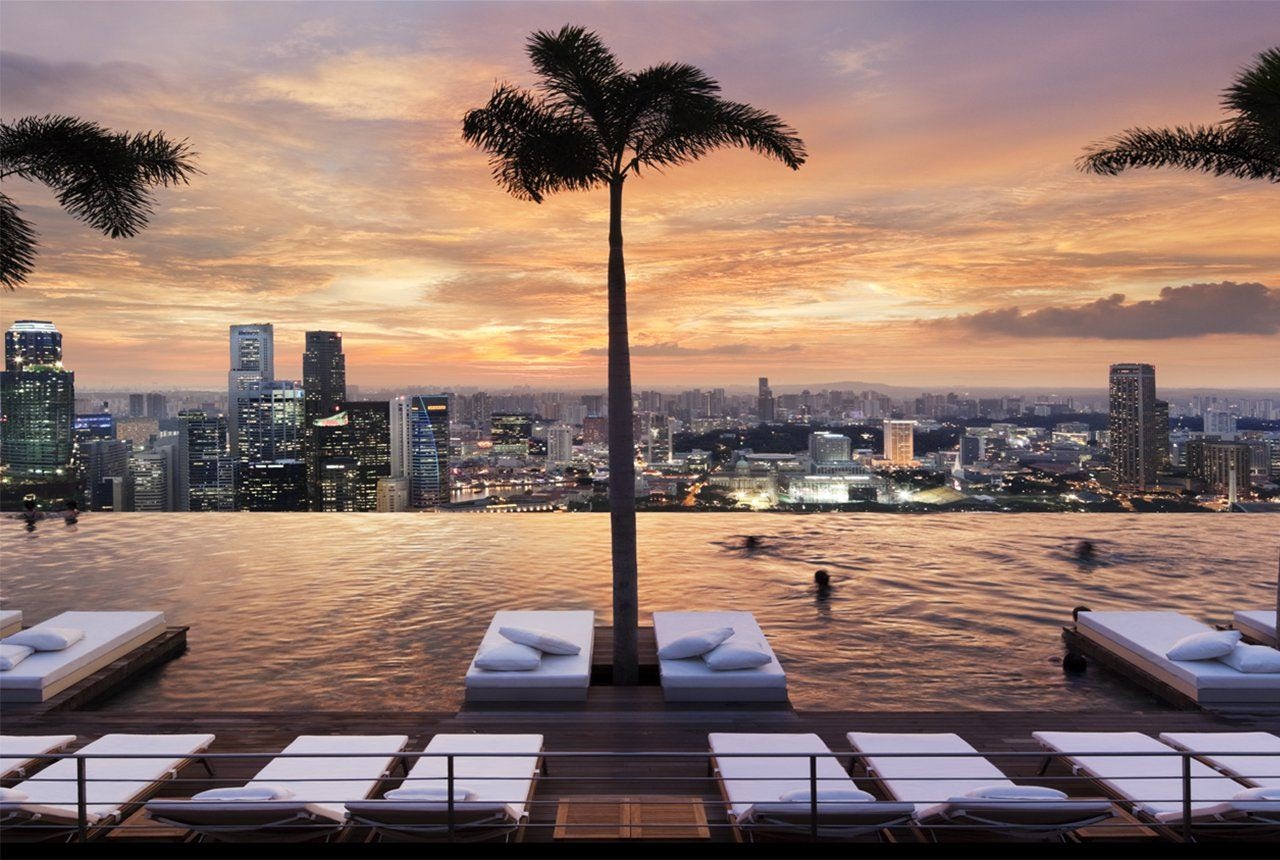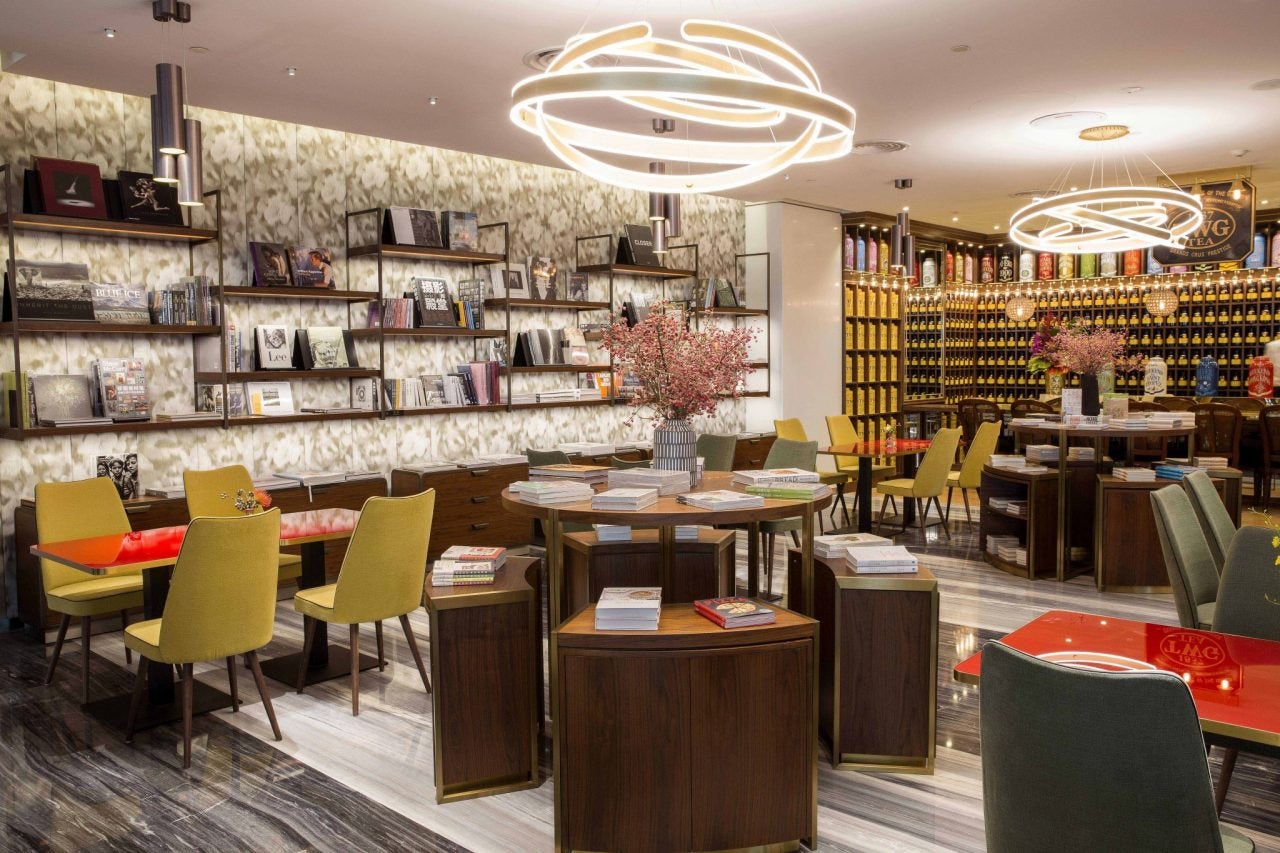Japanese homeware retailer MUJI opened the doors of its first ever hotel, MUJI Hotel Shenzhen, on Jan. 18. The three-in-one development includes the hotel, a MUJI Diner, a 24-hour library and a retail store.
MUJI describes its hotel as representative of its “anti-gorgeous and anti-cheap” philosophy.
The 79-room hotel is designed by Takashi Sugimoto and his Super Potato team. MUJI conveys its normcore aesthetics through simple furnishings, a hard wood floor and pale-gray walls that are said to be made of diatom ooze to control the humidity of the room.
Each room offers MUJI products for guests to try out during their stay, including MUJI’s signature wall-mounted CD player, tea-sets, and bedding. Guests can also borrow a MUJI aroma diffuser, one of the most popular MUJI products in China, from the reception desk.
Over 70 percent of products in the rooms are for sale in the MUJI store. According to Satoru Matsuzaki, MUJI’s Chairman, MUJI encourages the guests to take the slippers home, as they are not one-time-use products.
While MUJI is often conceived as a mass-market brand in China, the MUJI Hotel is hardly cheap. Although the hotel doesn’t have a star rating, its price exceeds many of its five-star luxury competitors. For example, the price for one night at Hilton Shenzhen Futian ranges from 1,259 RMB to 2,300 RMB, and one pays no more than 1,100 RMB to get a city view along with an outdoor swimming pool at five-star St. Helen Shenzhen Bauhinia Hotel, according to quotes from Ctrip.
A stay at the MUJI Hotel, however, doesn’t include access to a swimming pool or even a bell boy, as MUJI “pursues minimalism rather than excessive services,” according to Xu Enli, the manager of Shum Yip Group, the developer of Upperhills, the business complex in Futian District where the hotel is situated.
It seems now clear that MUJI is planning to go premium in China, competing with traditional luxury hotel brands like Hilton, Marriott and local higher-end brands like Atour Hotel, at the same time as selling their homewares. However, Chinese millennials, who love MUJI’s diffusers and pens, aren’t buying it. Many are concerned about the rates.
“I would rather get an executive room at Four Seasons in Shenzhen for 2,500 RMB,” said Liu Nan from Beijing. An SPG member, Liu said he usually has budget for premium hotels, but probably not at MUJI’s. “It’s too expensive given the product quality and the room sizes,” he said.
A Shenzhen local and a MUJI fan, William Xu believes the MUJI Hotel is overpriced. “950 RMB is probably too much. I’ll consider it for something below 600 RMB,” he said. He cited prices of local brands like Atour Hotel and Ji Hotel by Huazhu Group and pointed out similar hotels in Shenzhen usually charge around 400 RMB.
MUJI opened its first store in Shanghai in 2005 and now owns more than 200 retail stores in mainland China, selling more than 7,000 kinds of products. According to its financial report, MUJI is planning to open 30 new stores in China this fiscal year.
MUJI said that it started to plan the hotels more than a decade ago. However, MUJI Hotel Shenzhen is not operated by MUJI, but by Shum Yip Group. MUJI only provides its brand, design and products and profits only from the naming rights. For MUJI, the hotels are probably less a way into the premium hotel industry than a means to boost sales in stores.
“To bring the atmosphere of life advocated by MUJI to consumers through the physical stores will translate into actual purchases, and the same applies to hotels,” said Naoto Fukasawa, who leads MUJI’s product development. The business of MUJI Hotels will also allow MUJI to collect more user data, which will contribute to future product improvement.
MUJI is scheduled to open the MUJI Hotel Beijing on March 20 this year and another hotel in Ginza, Japan next spring.


